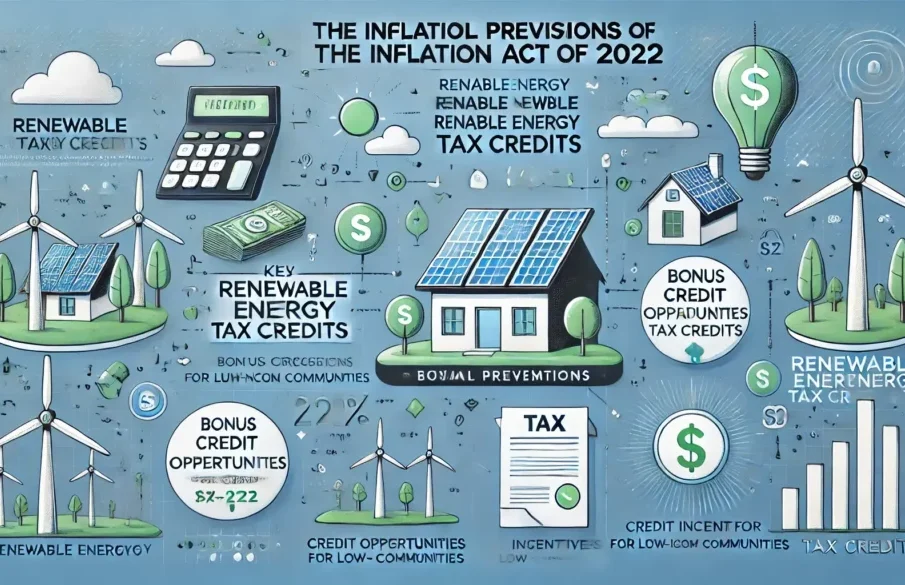Exploring Solar Incentives in the UK: A Path to Renewable Energy

Introduction to Solar Incentives
As the world grapples with the pressing issue of climate change, solar energy has emerged as a key player in the transition to renewable energy. Solar incentives are essential financial benefits offered by governments to encourage the adoption of solar technology. These incentives not only help reduce the cost of installing solar systems but also promote sustainable living and lower carbon footprints. In the UK, various solar incentives are currently in place, making it an important topic for homeowners and businesses alike.
Current Solar Incentives in the UK
The UK government has rolled out several initiatives aimed at boosting solar energy uptake. One of the most notable is the Smart Export Guarantee (SEG), launched in January 2020. This scheme allows households and businesses with solar panels to earn money for the electricity they export back to the grid. The SEG offers flexibility, enabling users to choose from various energy suppliers who provide payments at different rates.
Furthermore, the Feed-in Tariff (FiT) scheme, although closed to new applicants since March 2019, has paved the way for many installations prior to its closure. Under this tariff, participants could receive payments for generating their own electricity, providing a significant financial incentive to invest in solar technology.
Local Grants and Schemes
In addition to national programmes, several local councils offer grants and incentives to bolster solar energy use. These grants can significantly reduce the installation costs for solar PV systems, making them more accessible to residents. For instance, various local initiatives encourage the installation of solar panels on public buildings or offer subsidies for residential installations, depending on regional funding availability.
Future of Solar Incentives
As the UK aims for net-zero emissions by 2050, the government is likely to expand solar incentives to encourage wider adoption. Experts believe that new policies will emerge that are more aligned with the latest technological advancements and the increasing affordability of solar installations. Potential reforms may involve scaling up financial support, introducing new subsidies, or enhancing existing frameworks to make solar energy more appealing.
Conclusion: The Significance of Solar Incentives
The transition towards renewable energy, particularly solar power, is critical for combating climate change and achieving environmental goals. For homeowners and businesses in the UK, staying informed about solar incentives is essential for maximising the savings and benefits associated with solar energy systems. As policies evolve, the opportunity to reduce energy costs while contributing to a healthier planet becomes even more significant, providing a beneficial path forward.







